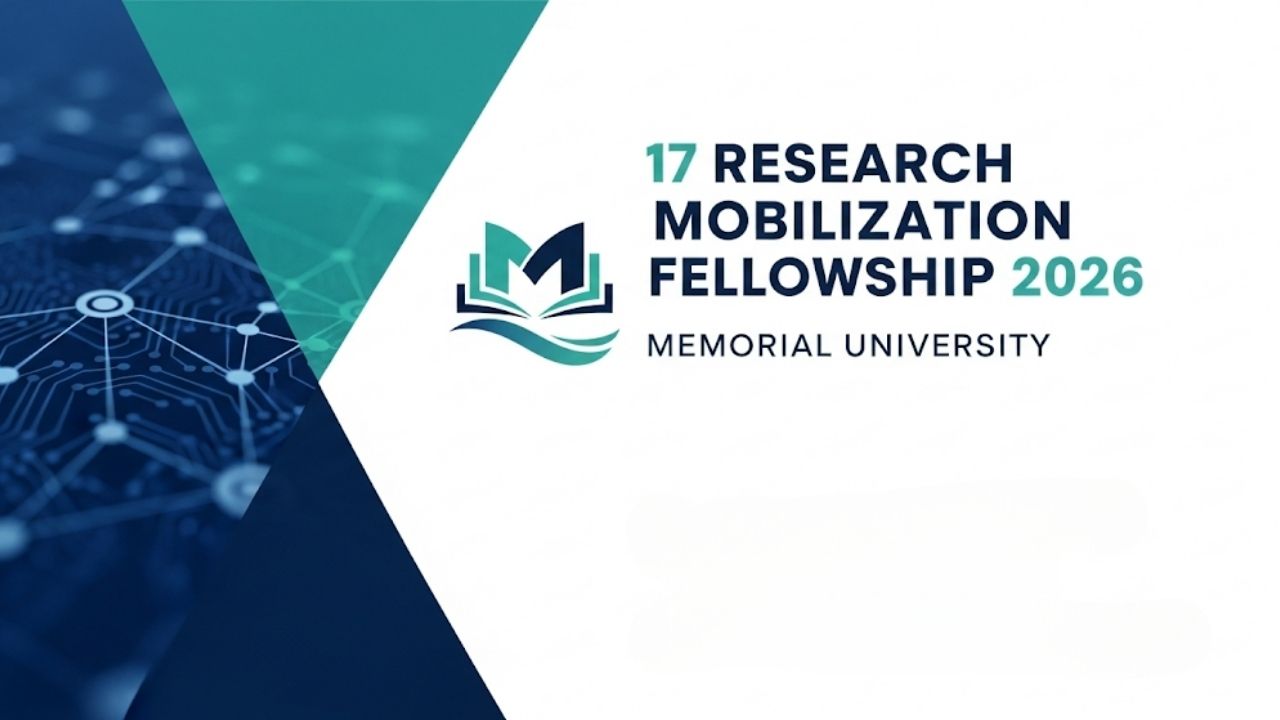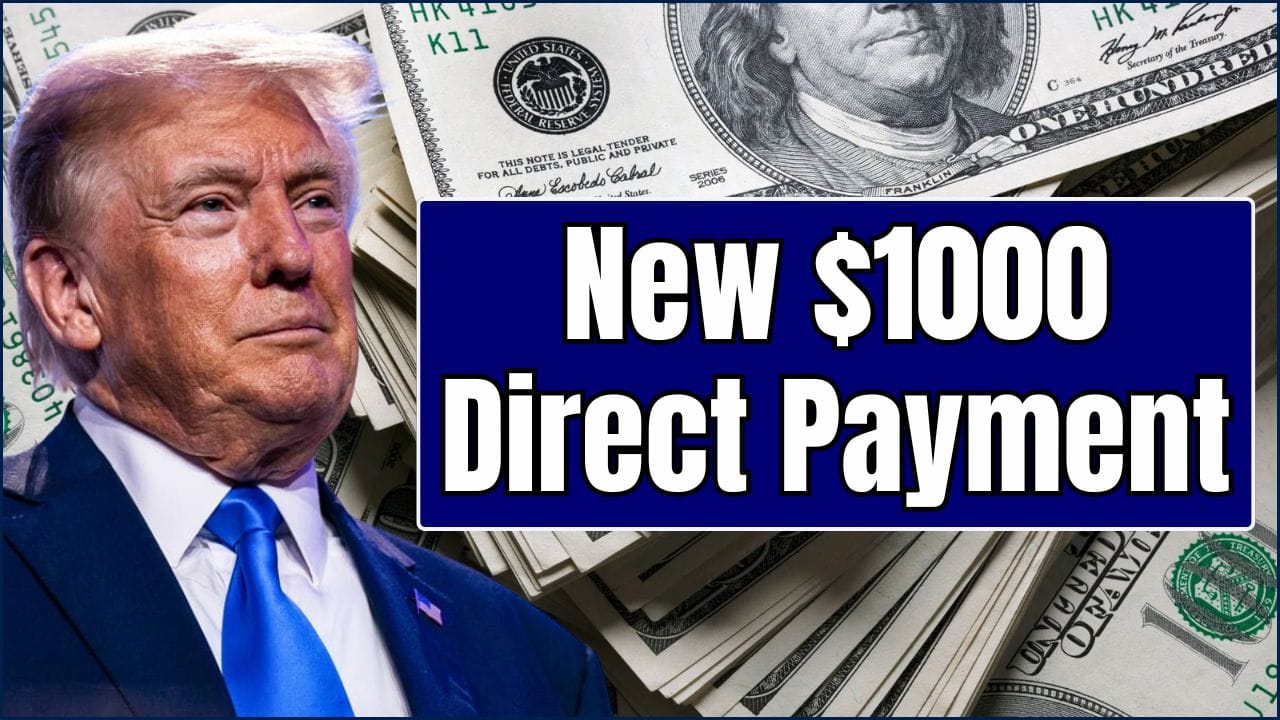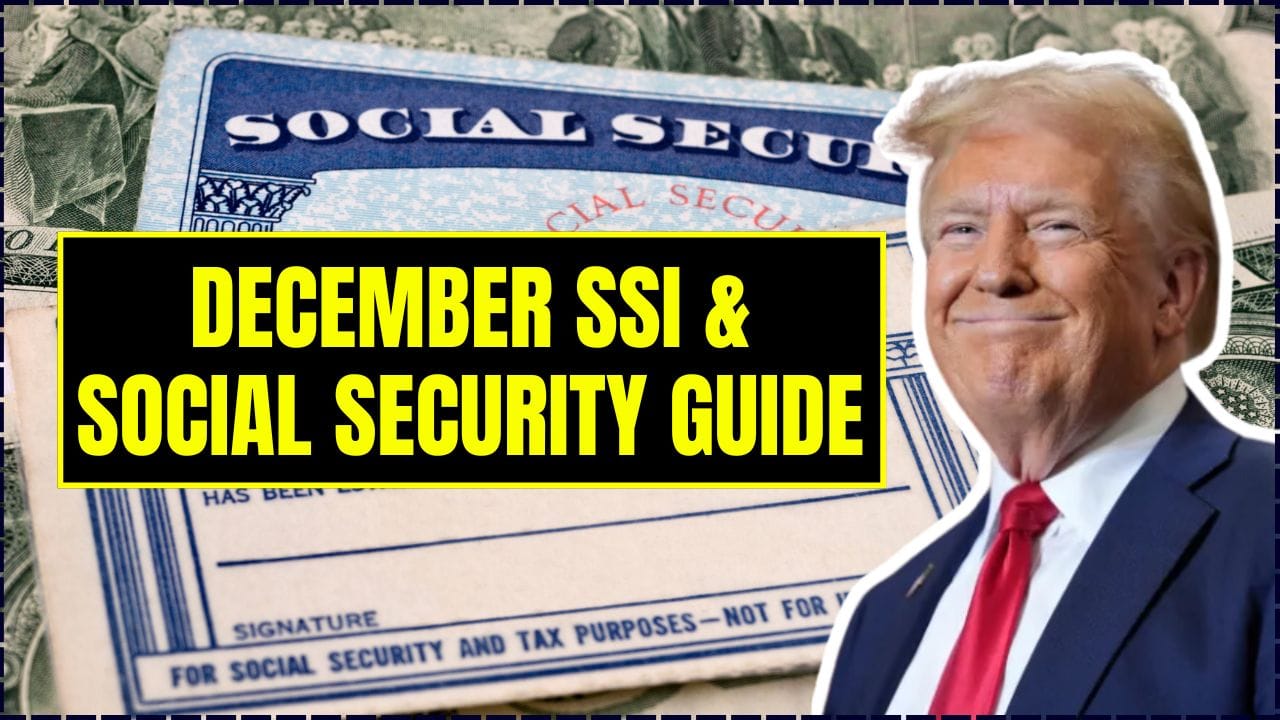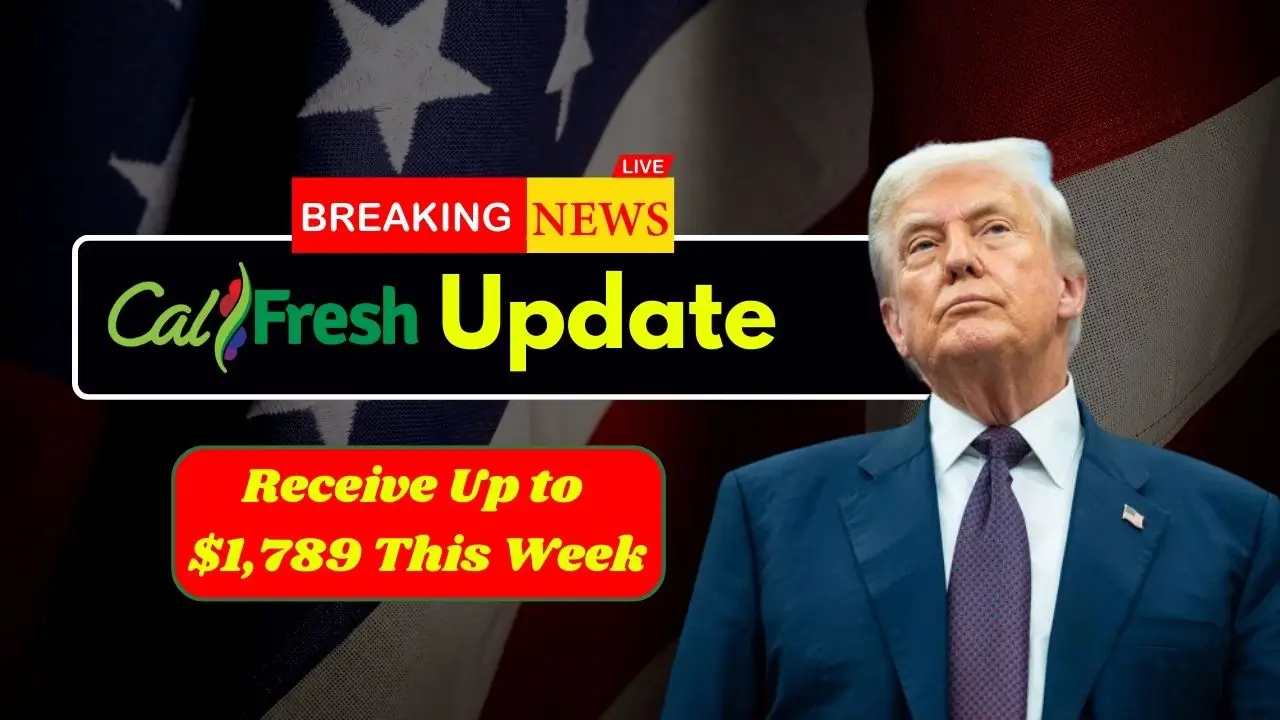Are you an aspiring diplomat, a passionate researcher, or a policy practitioner with a vision for a more sustainable, just world? The Green Foreign Policy Fellowship 2025–2026, offered by the Heinrich Böll Foundation, is a unique opportunity to turn that vision into action. I know from my experience advising emerging leaders that the world of fellowships can seem complex, but this guide will demystify the process and provide you with a clear roadmap to a successful application. Let’s dive in and explore how you can position yourself as a strong candidate for this prestigious program.
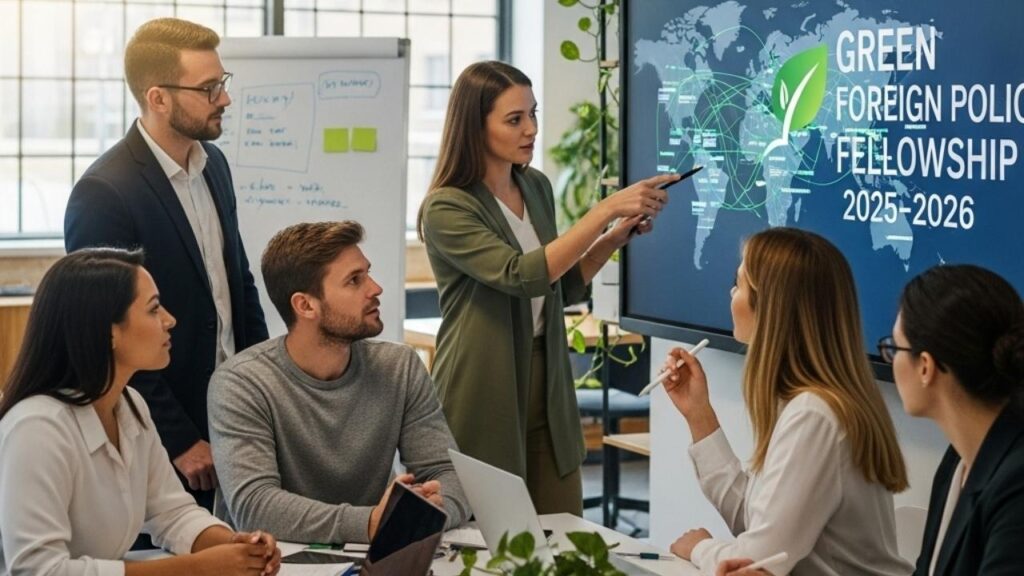
The Green Foreign Policy Fellowship 2025–2026 is an incredible launchpad for those committed to creating a more sustainable and just world. The application process, while rigorous, is a chance to refine your ideas and articulate your passion. Start by brainstorming the key challenge you want to address and how you would tackle it. Prepare your documents with care, and remember that your unique perspective is your greatest asset. The journey begins with a single step, and for many, this fellowship is the first step toward a career of meaningful global impact.
What is the Green Foreign Policy Fellowship?
The Heinrich Böll Foundation’s Green Foreign Policy Fellowship is a prestigious international program designed to support scholars, practitioners, and experts who are advancing progressive, green approaches to foreign and security policy. Hosted by the Foundation’s Thessaloniki office, this fellowship is a call to action for those who believe that environmental sustainability, human rights, and social justice are not secondary concerns but central pillars of a secure and prosperous global future.
The fellowship is structured to maximize impact, with a two-phase approach. The first phase, spanning roughly from July to December 2025, is a research and production period. This is where you’ll focus on creating high-quality, policy-relevant materials such as articles or papers. The second phase, from January to May 2026, shifts to presentation and networking. You’ll get the chance to showcase your work at events and engage with a global network of like-minded experts.
Who is Eligible to Apply?
The Green Foreign Policy Fellowship is intentionally inclusive, welcoming applicants from all countries and backgrounds. However, a strong application requires you to meet specific criteria and demonstrate a clear alignment with the program’s goals. The ideal candidate is an “emerging or experienced thinker” in the fields of international relations, political science, or foreign and security policy.
Eligible candidates include
- Recent Graduates: Those with at least a bachelor’s degree in international relations or political science.
- Current or Prospective PhD Students: Individuals engaged in doctoral research on relevant topics.
- PhD Holders: Researchers who have already completed their doctoral studies.
- Practitioners: Professionals such as policy advisors, diplomats, or elected officials with experience in the field.
The Heinrich Böll Foundation particularly encourages applications from non-male, BIPOC, LGBTQIA+, and disabled candidates, emphasizing its commitment to an inclusive and diverse cohort of fellows. The most crucial eligibility factor is a demonstrated and active interest in developing and promoting a green foreign and security policy.

How to Prepare a Winning Application
Submitting a compelling application requires more than just meeting the basic criteria; it means showcasing your unique perspective and passion. The application consists of three key components: your CV, a motivation letter, and a concept note.
Crafting a Powerful Curriculum Vitae (CV)
The program asks for a CV in the Europass format, which is a standardized European template. Ensure your CV is concise and impactful, not exceeding three pages. Highlight your experience, expertise, and authoritativeness by focusing on past projects, research, and professional roles that directly relate to green foreign policy. Don’t just list responsibilities—quantify your achievements and explain the impact of your work.
Writing a Compelling Motivation Letter
Your motivation letter is your chance to tell your story. It should be a maximum of 300 words and use specific examples to explain why this fellowship makes sense for you. This is where you can let your personality and passion shine. I’ve seen many successful applicants connect their personal journey to their professional goals, illustrating how the fellowship is a logical and necessary next step. Explain what you hope to gain from the experience and, just as importantly, what you can contribute to the fellowship community.
Developing a Strategic Concept Note
The concept note is arguably the most important part of your application. In no more than two pages, you must outline the biggest challenge you want to tackle during the fellowship. The Foundation wants to see that you can identify a critical problem and have a clear, actionable plan to address it. Your note should:
- Identify a Major Challenge: Clearly state a specific issue within green foreign and security policy that you intend to explore.
- Propose an Approach: Describe your methodology or theoretical framework. How will you research and analyze this challenge?
- Outline Concrete Steps: Detail the specific actions you will take during the fellowship. What materials will you produce? How will you engage with the community?
This document is your opportunity to demonstrate your expertise and strategic thinking. Be specific, be innovative, and show the selectors you have a well-thought-out plan.

What’s in it for You? The Fellowship Benefits
Beyond the invaluable opportunity to shape global policy discussions, the Green Foreign Policy Fellowship offers tangible support to its fellows.
Financial and Logistical Support
Selected fellows receive a €6,000 stipend (gross) paid out in installments during the first semester, which is the period focused on material production. The fellowship also covers travel and accommodation costs for participation in fellowship-related events. For international applicants, the Heinrich Böll Foundation will provide official invitation letters to support the visa application process.
Networking and Visibility
Upon completion of the program, fellows are awarded the title of Green Foreign Policy Scholar and become part of the Heinrich Böll Foundation’s esteemed alumni network. This network is a powerful resource for collaboration and professional growth. Fellows also gain public visibility, as their profiles and work are promoted on the Foundation’s media channels, amplifying their message to a wider audience.
A Comprehensive Guide to the Rowland Fellows Program 2026 at Harvard University
FAQ
Q1:What is the application deadline for the fellowship?
According to the Heinrich Böll Foundation’s official announcements, the application deadline for the Green Foreign Policy Fellowship is May 31, 2025, at 18:00 Eastern European Time (GMT +3).
Q2:Is the fellowship fully funded?
The fellowship provides a €6,000 stipend during the first semester and covers travel and accommodation costs for relevant fellowship events. While it is a generous award, it is not a “fully funded” scholarship in the traditional sense, as it is a stipend for a specific project rather than a full living expenses grant.
Q3:What is the Europass CV format?
The Europass CV is a standardized curriculum vitae format used across Europe. It provides a clear, structured way to present your skills and qualifications. You can find templates and guidelines on the official Europass website.




